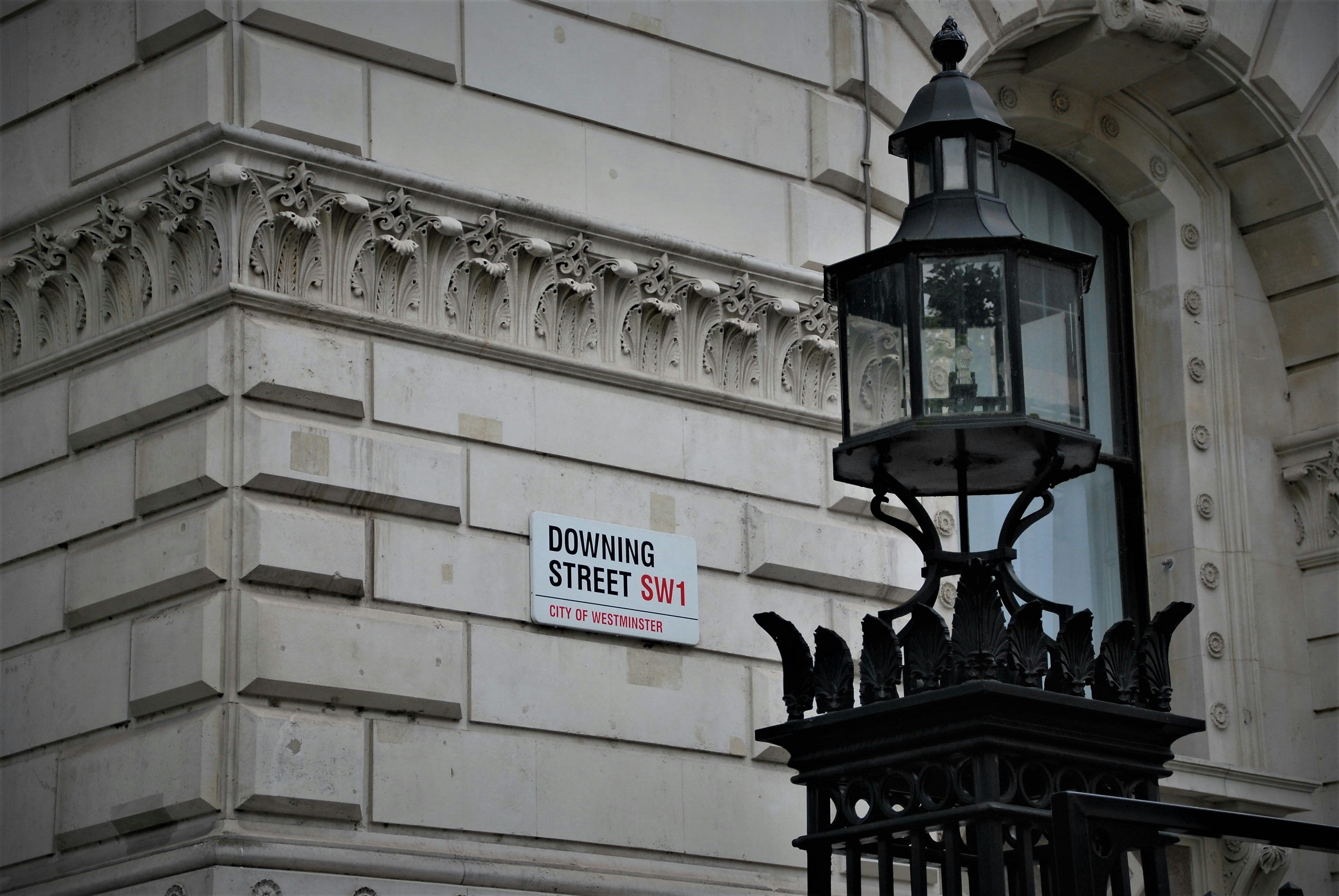Oracle Share Price Analysis: Bearish Phase, Valuation Signals and Bullish Reversal Outlook
$154.97
04 Feb 2026, 11:45

Unsplash.com

August saw government borrowing soar to £13.7 Billion, £3.3 billion more than last year’s figures and the highest since 2021. Figures from the Office for National Statistics (ONS) show that while tax income grew including a boost from late self-assessment payments, benefits increased as payments such as the carer’s allowance and the disability living allowance, were brought in line with inflation. Public services costs raised with inflation and that combined with higher public spending (including workers' pay) is responsible for the rise.
In the first five months of the year, public borrowing reached £64.1 billion, £6 billion over the Office for Budget Responsibility (OBR)’s predictions. The data from the ONS means that national debt is now 100% of the UK’s annual economic output, a level that has not been seen since the 1960s.
Mohamad El-Erian of asset manager Allianz stated that the only healthy solution to this level of debt is economic growth. But the latest figures show that the economy stalled in July and the Bank of England has recently reduced its predictions of growth to 0.3% for the next quarter from 0.4%. In a separate report, GFK’s Consumer confidence Barometer fell into the negative, as rising prices, higher interest rates, and stern warnings of a strict budget to come is giving people concern for their financial future.
Chancellor Rachel Reeves is now facing speculation that she may adjust the debt targets she sets out as part of fiscal rules. PwC economist Gora Suri claims this could take some pressure off. Currently, the UK Government’s fiscal rules, which although self-imposed are intended to determine credibility on the financial markets, state that the UK will manage its borrowing within a 5-year time-frame.
On Thursday, the Bank of England, (BOE) announced it was selling government debt (or bonds) to relieve some of the impact in official economic forecasts.
Since coming to power, Labour has stressed the grave financial situation left by their Conservative predecessors, claiming a £22 billion black hole in public finances. Both Reeves and Prime Minister Sir Keir Starmer have warned that October’s budget is going to be ‘painful’ and that ‘tough decisions’, such as cutting the winter fuel allowance, had to be made. Yet both have pledged to honour the manifesto promise not to raise taxes that effect working people, such as VAT, National Insurance, and Income Tax.